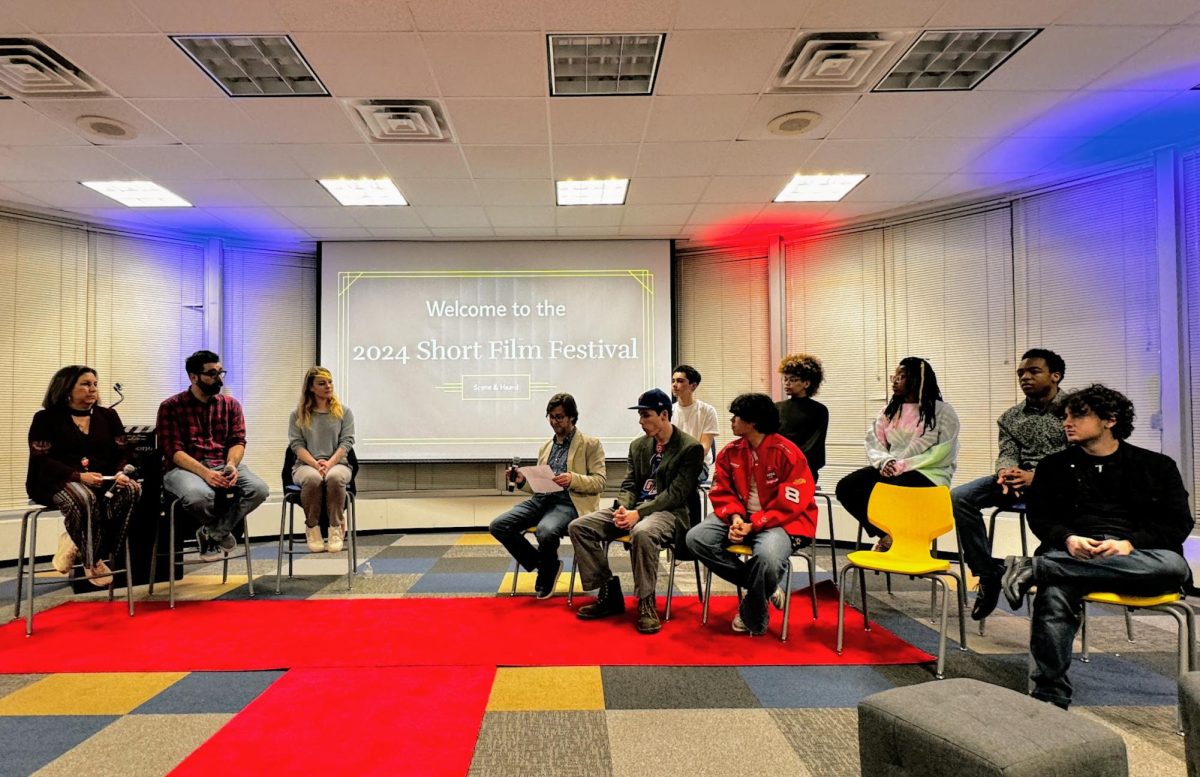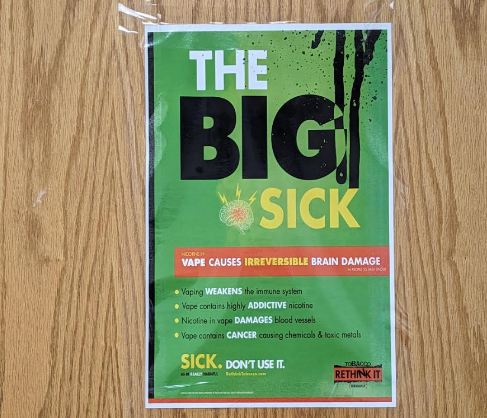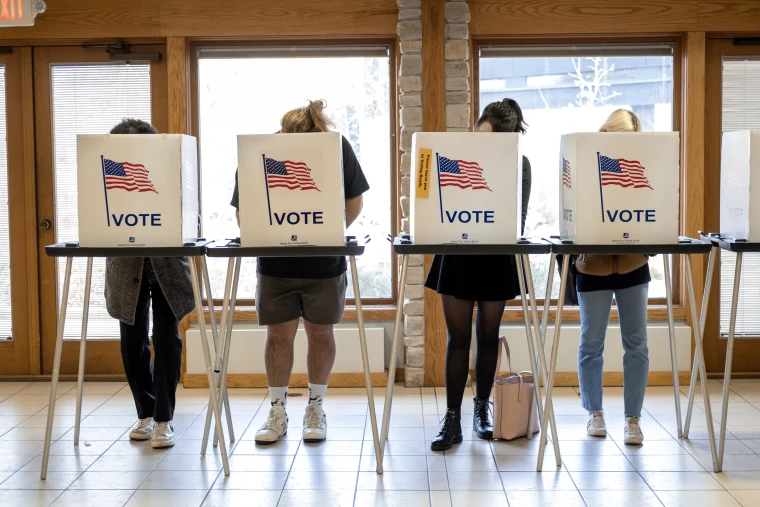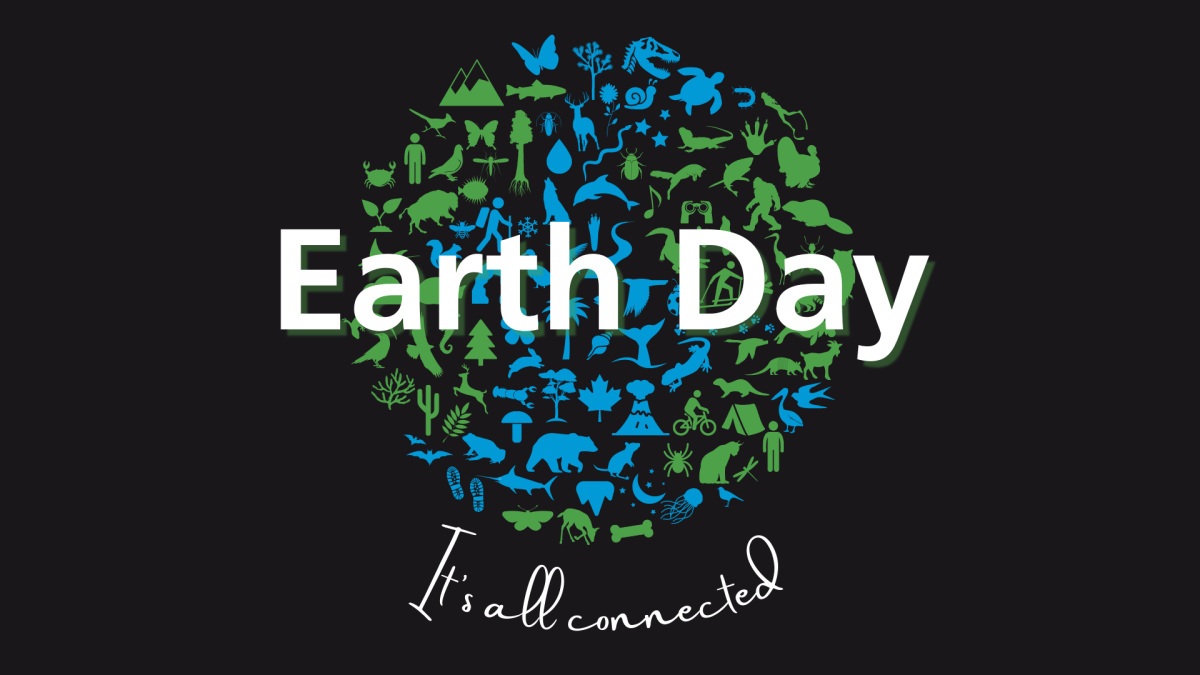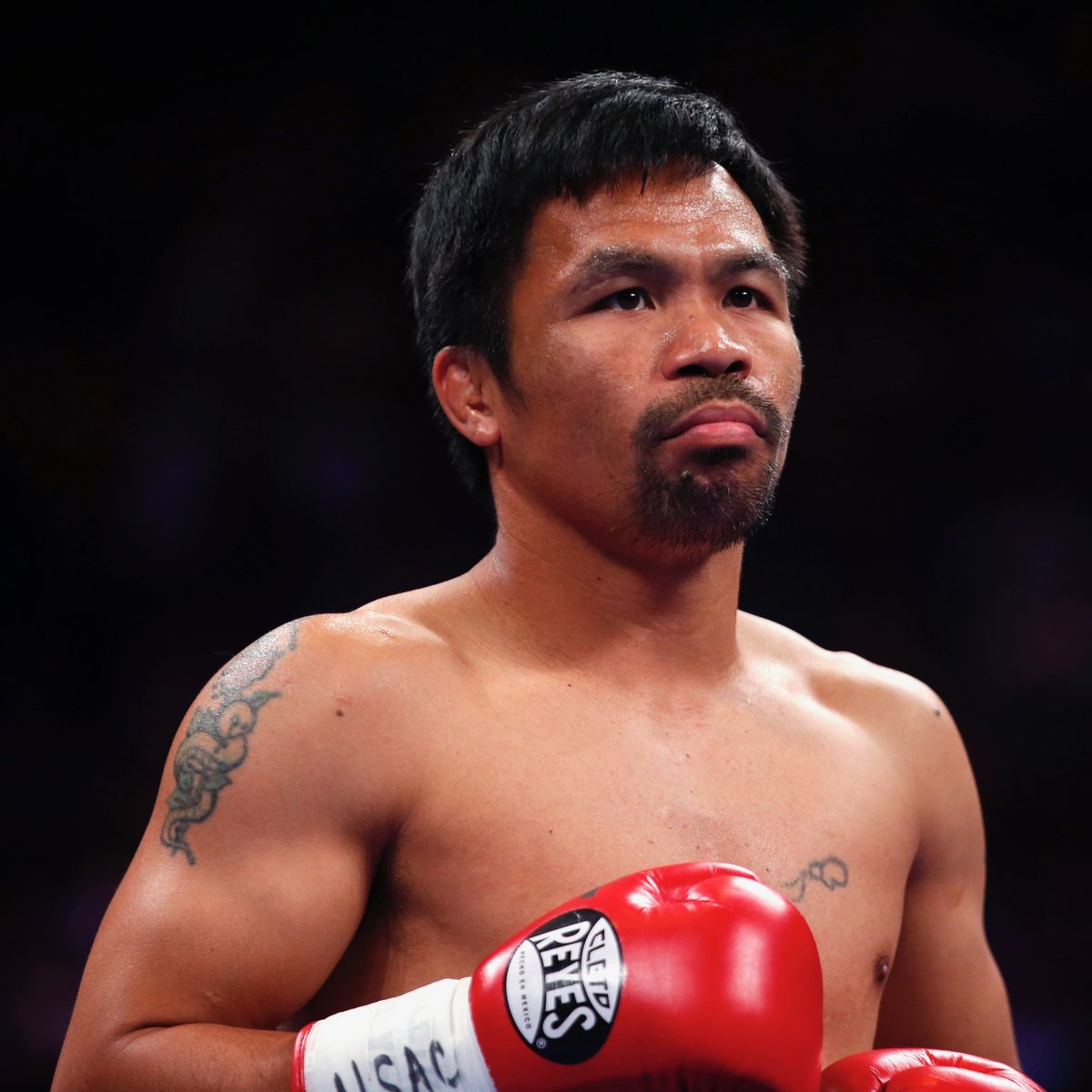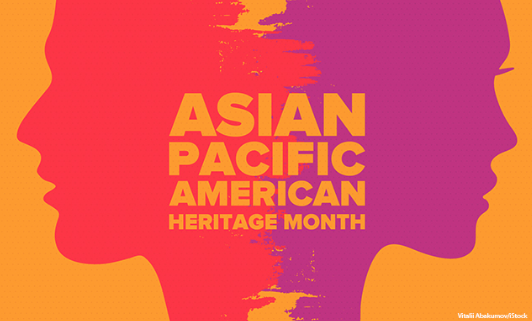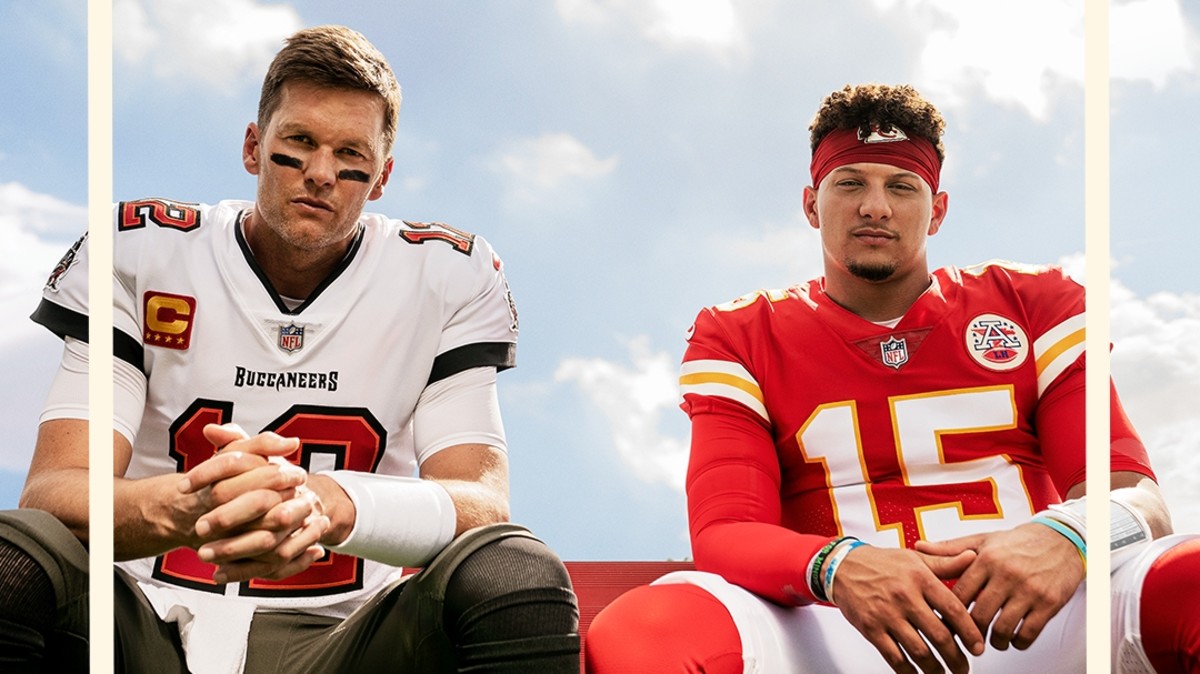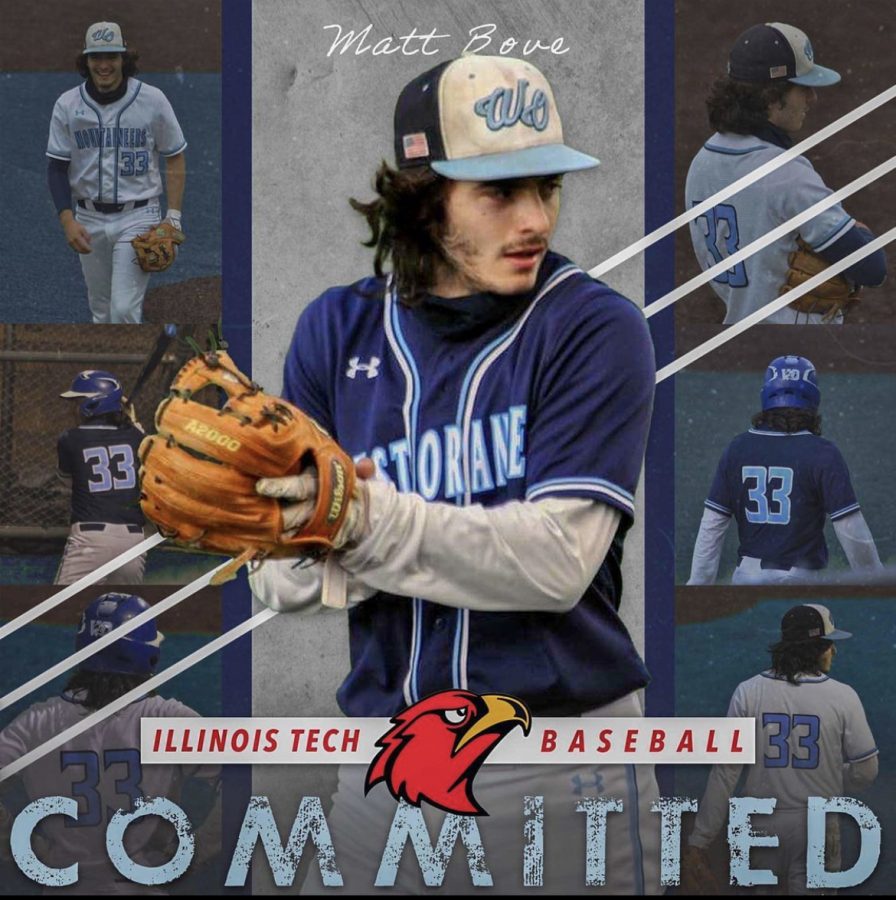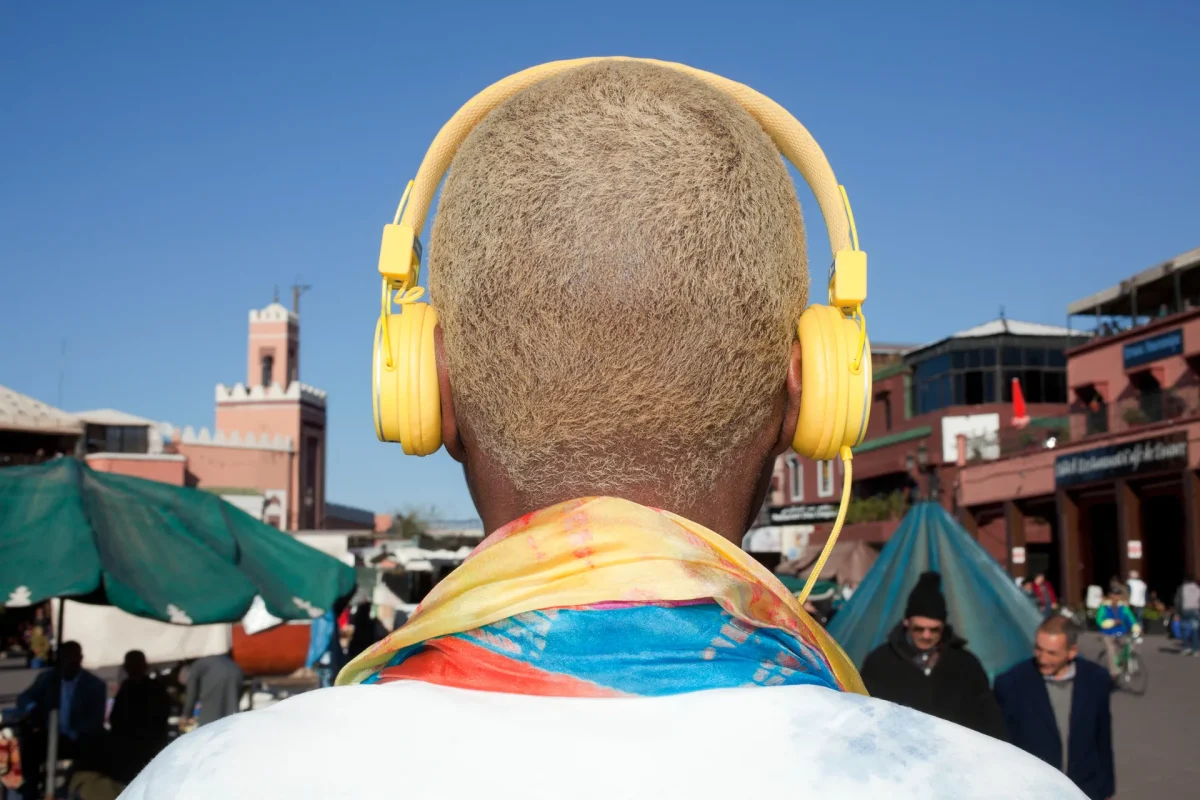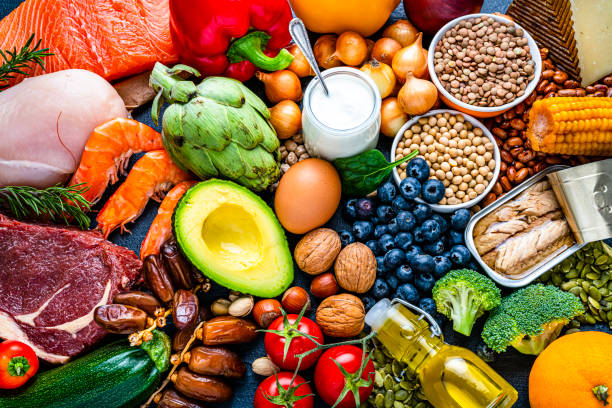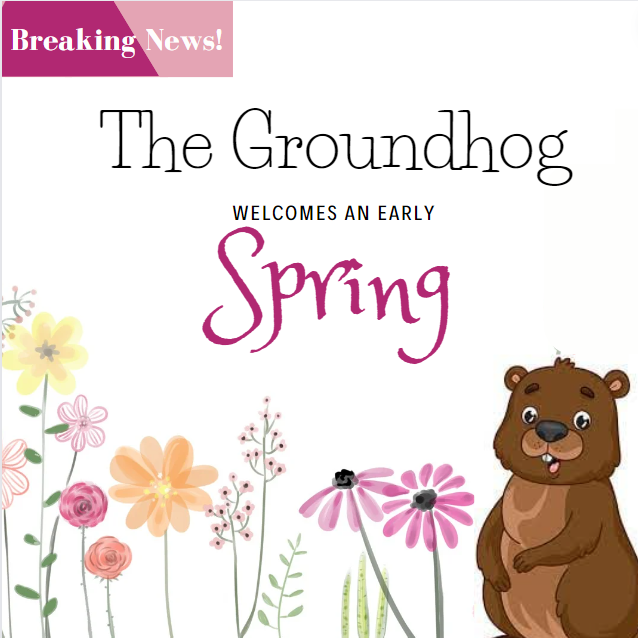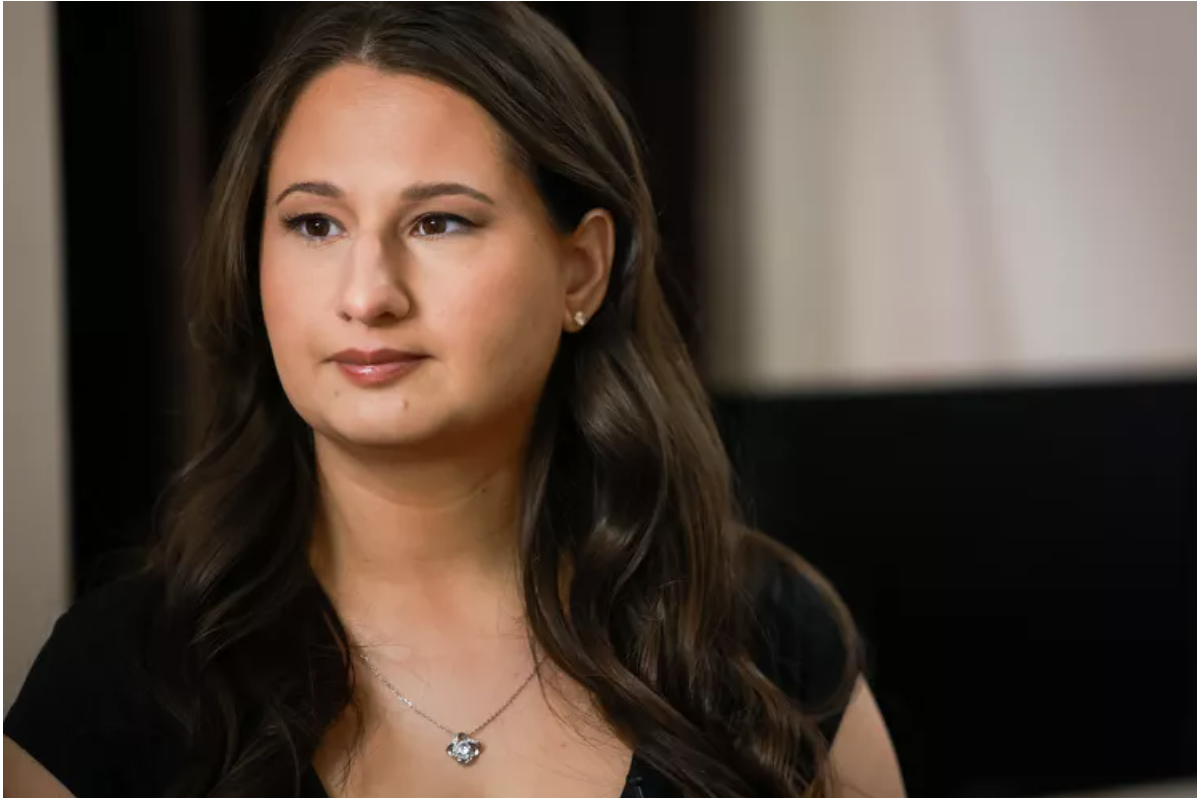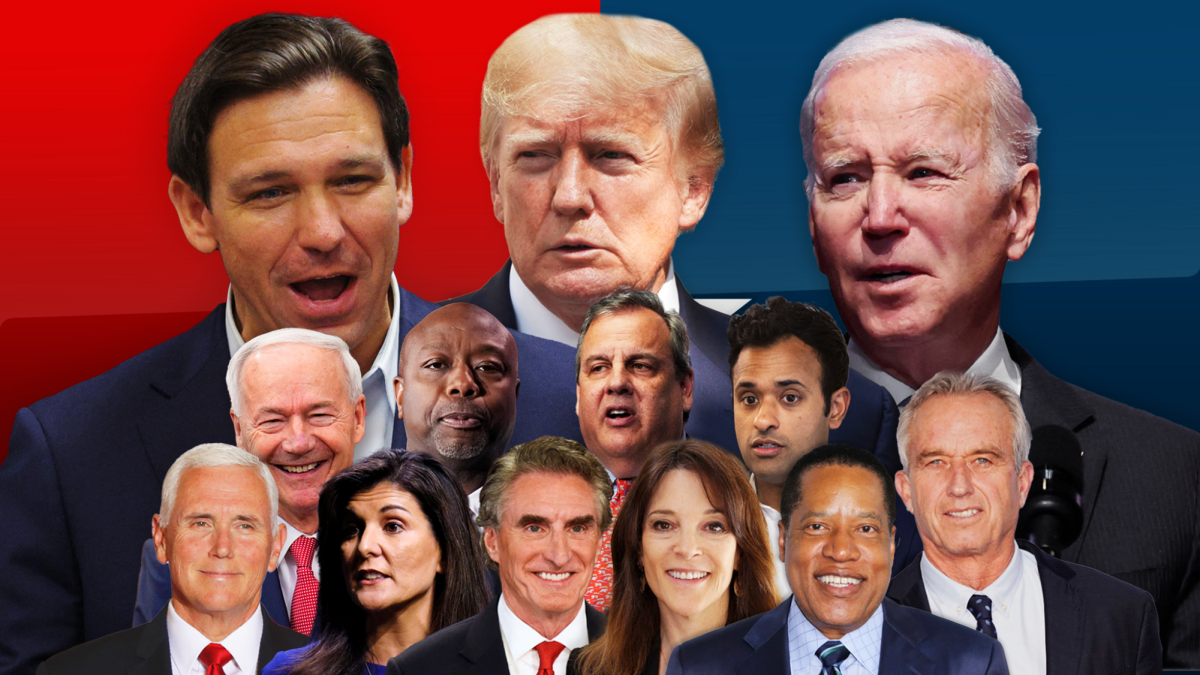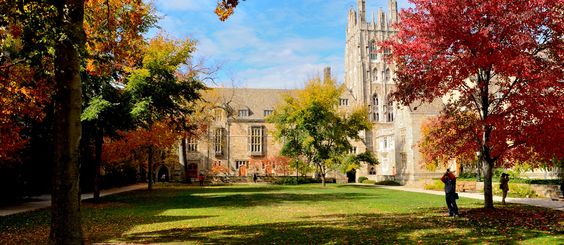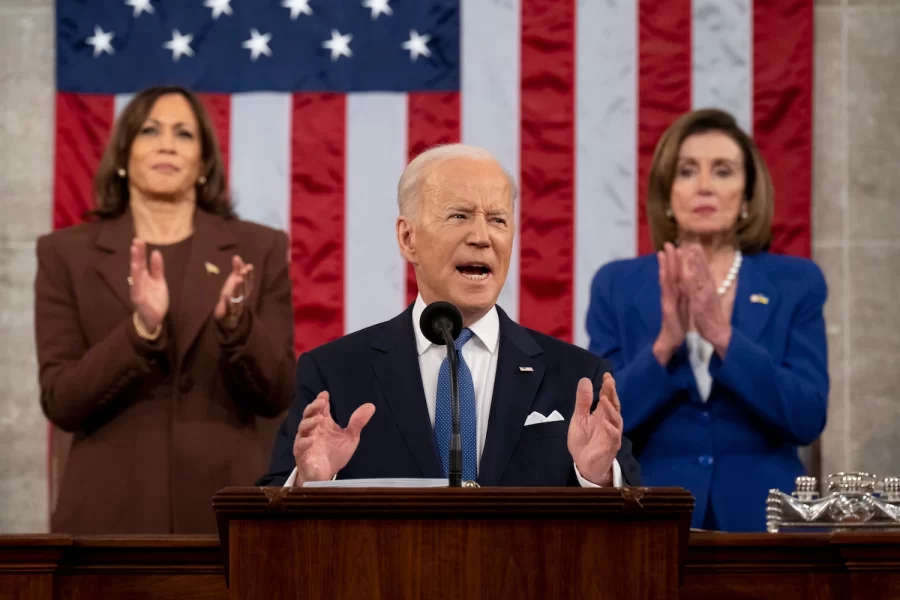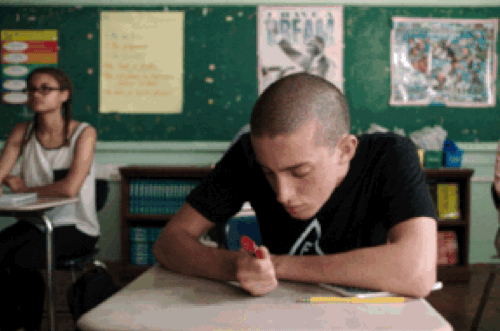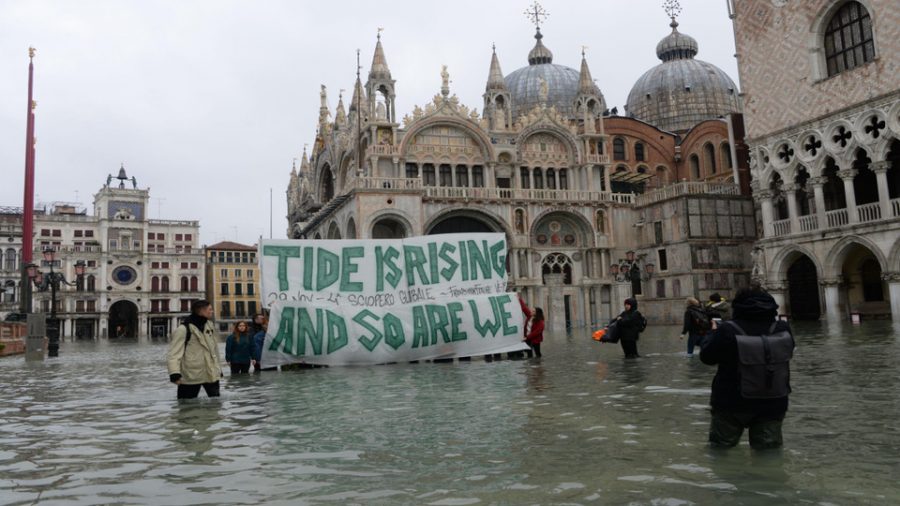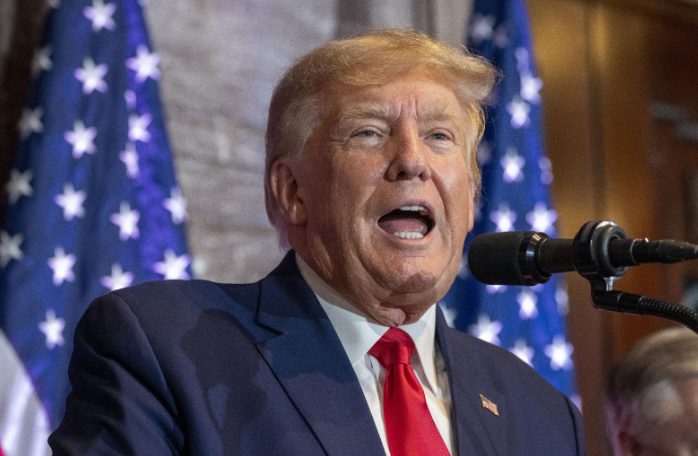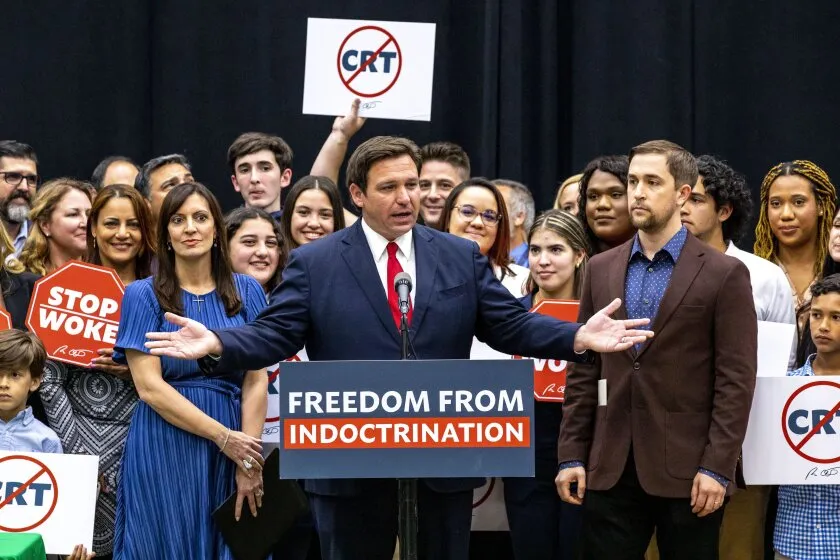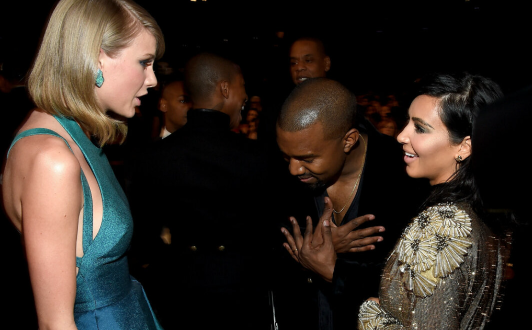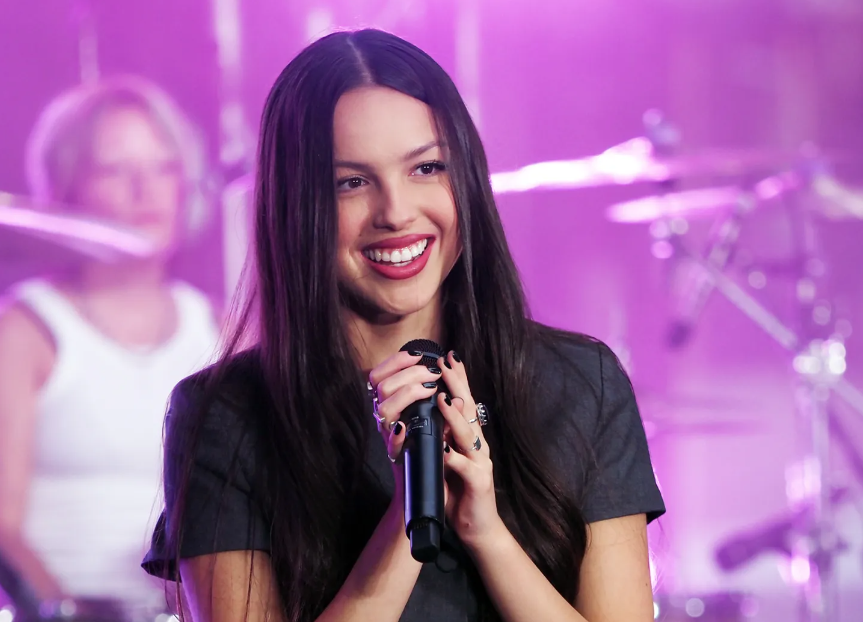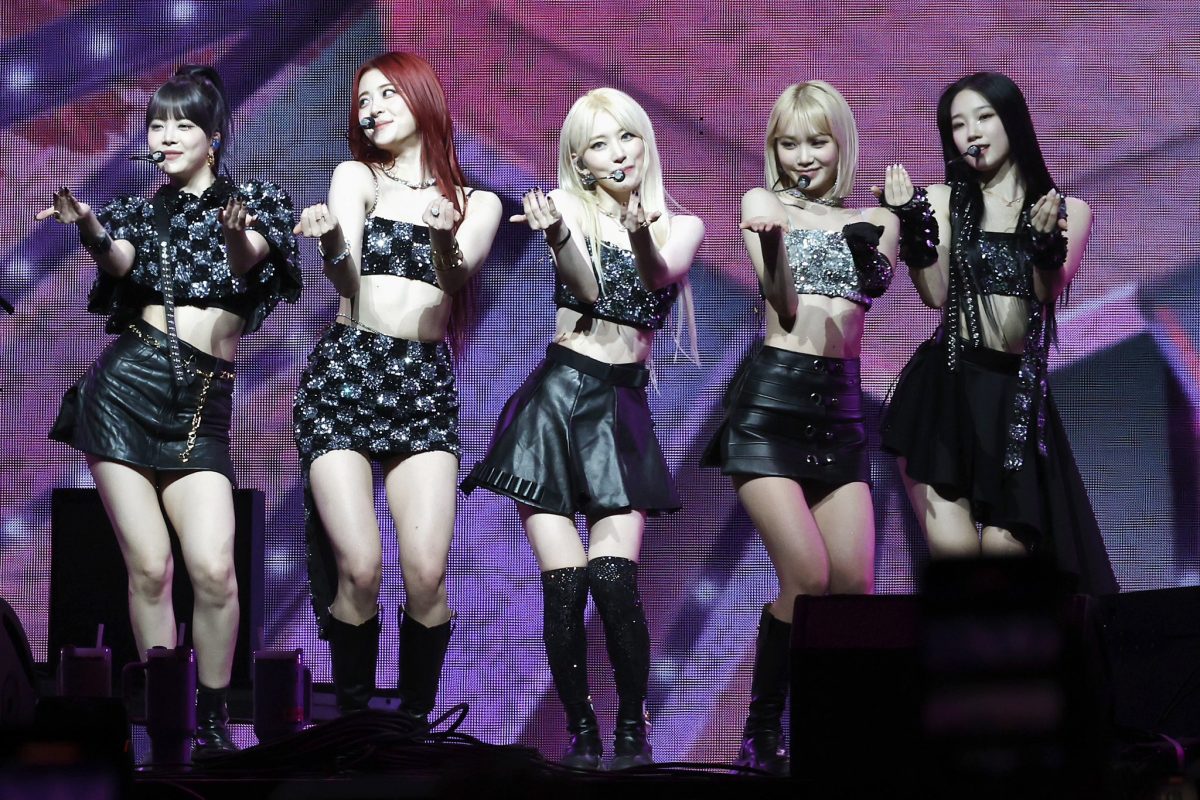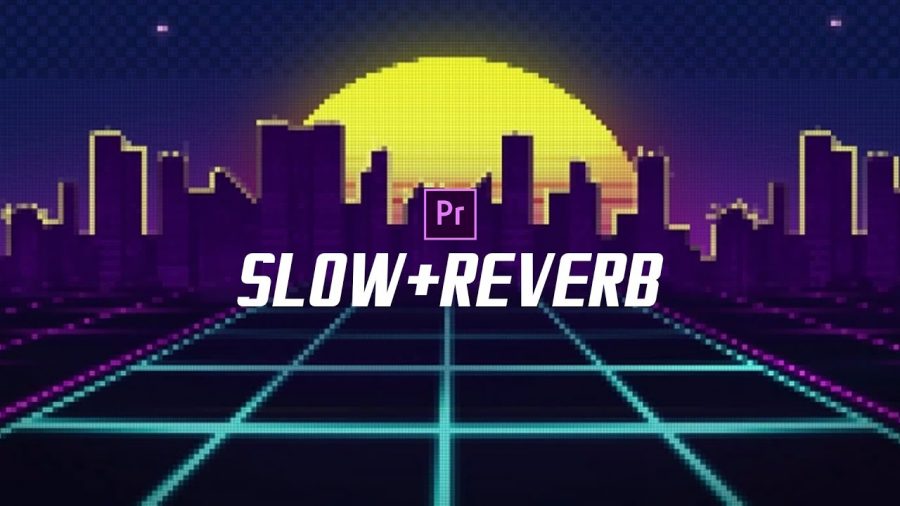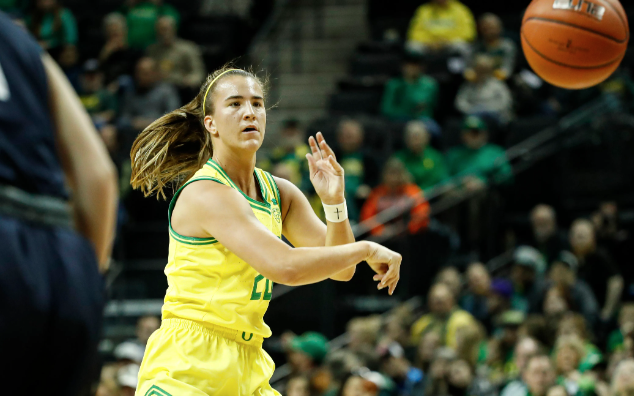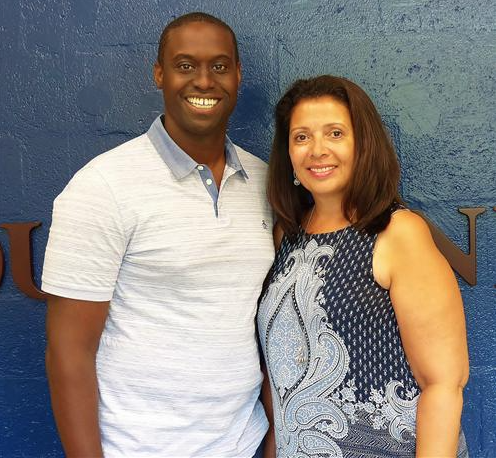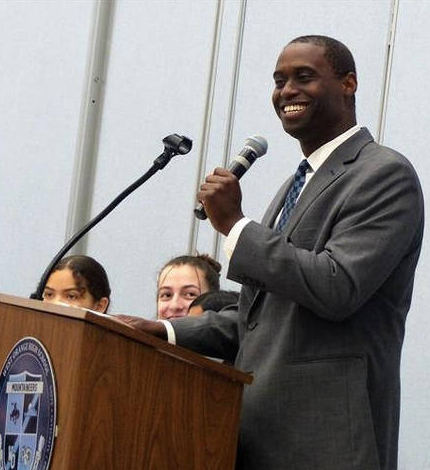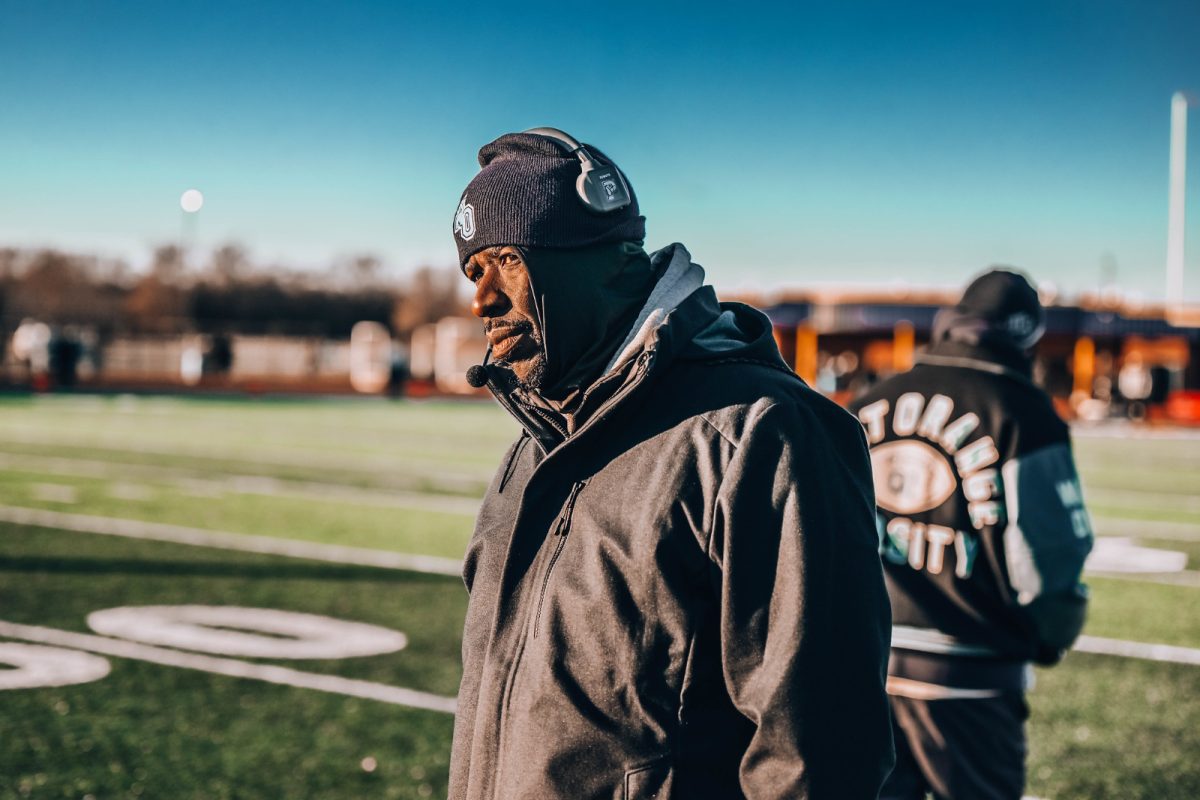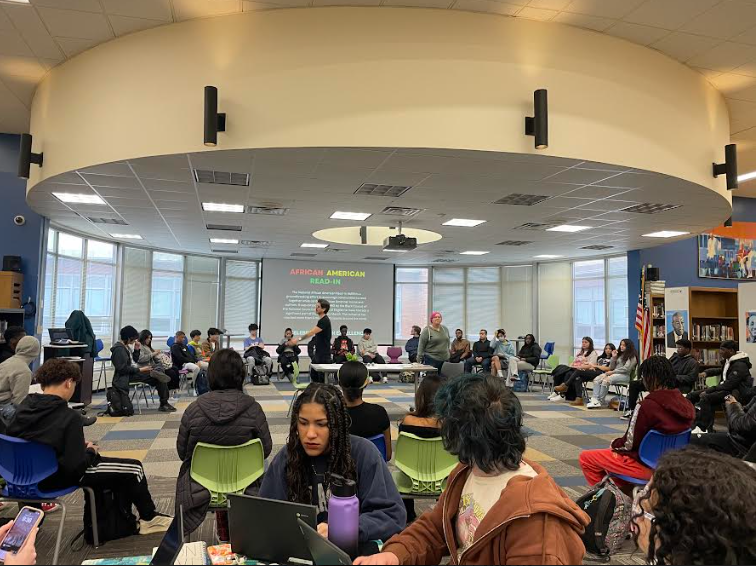A Look Through Gen Z’s Eyes: What do WOHS Seniors think about the Presidential Race?
As Americans plan to cast their ballot this fall for the 2024 Presidential Election, voters expect to see Biden and Trump go head-to-head for the second time in 4 years. But with both candidates above the median inaugural age of 55, who do seniors plan on voting for?
Violet Kohlenstein
Currently, 18-year-old seniors are about seven decades younger than both candidates. Yet, in the fall, 8.3 million new voters (all recently eligible members of Gen Z) will have the chance to vote for the first time. Gen Z includes individuals born from 1997 to around 2012, and in recent years, Gen Zers have been voting at a higher rate than previous generations did at the same age.
In 2020, 51.4% of people ages 18-24 voted in the presidential election, which is over 20% more than the turnout of Millennials, Gen X, or Boomers. However, most inferences about young people’s influence on the 2024 election are just that: guesses. The role young voters will play in the fall comes down to a slew of factors, one being how many that show up to vote in the first place.
I conducted a small poll of West Orange High School seniors to gauge an understanding of how students were approaching the upcoming election. 90.3% of students were positive that they would be eligible to vote in the fall, 50% were registered, and 43.1% planned to. 81.9% plan on voting, while 18.1% did not plan on voting, had not thought about it, or were unsure.
While voter turnout numbers here may seem high with the majority of seniors planning to cast a ballot this November, the poll only reached 72 students, many of whom are likely civically inclined or enrolled in advanced humanitarian classes like AP Literature or AP US History.
To get a better understanding of the impact of the youth vote in this election, I sat down with Julie Brady, a social studies teacher, and co-advisor for both the Junior Statesmen of America and the Institute for Citizen Empowerment, and Gregory Saul, another social studies teacher at WOHS. Both Brady and Saul have taught AP Government and Politics and Saul has taught Power and Politics in America at WOHS.
What young people are looking for this election
Saul listed a few of what he considered to be “the most important issues for Gen Z,” including climate change, gun control, and the broader financial future of the generation which include issues like inflation and student loan debt. Brady’s list consisted of many of the same issues, although she added that, for Gen Zers, a particular focus could be put on civil and LGBTQ+ rights. Saul suggests that the issues fighting for the top place on the importance scale for Gen Z are “gun control and climate change,” something that is reflected by the senior responses. 31 out of 57 responses, or about 54% mentioned climate change when asked about the most important issues for candidates to address when elected. Around 25% included inflation, 14% mentioned immigration reform, 47% noted gun laws, and 37% mentioned reproductive rights.
Others listed domestic growth, affordable housing, student loan relief, and police brutality. World affairs and foreign policy were also mentioned, with some students naming the Israel-Hamas War as a major issue they would like addressed calling it “genocide of the Palestinian people” or “the genocide in Gaza.”
“Unless it’s a US foreign war, like Vietnam or the Iraq war,” Saul says, historically, foreign affairs do not usually have much jurisdiction over the outcome of presidential elections. He calls the Israel-Hamas War “the big unknown,” and questions whether or not the issue will continue to display as prominent an issue for voters as it is currently presented although recent protests across college campuses might tell a different story.
Issues closer to home like abortion rights, on the other hand, are becoming an even hotter topic especially after Trump switched to a more moderate stance on reproductive rights choosing to focus less on the issue and more on the politics of winning an election. Saul explains that for younger voters the overturn of Roe v. Wade came as a shock. “For adults and watchers of politics-people who study politics, this was like a reality that we were kind of waiting for this was like 50 years in the making…but for kids, it was really shocking,” Saul predicts that the intensely polarized issue will certainly be one at the forefront of young people’s 2024 decision.
From the candidates themselves, students were diverse in the qualities they were looking for. One wrote, “someone who listens to the youth (as well as the rest of the American people), listens to credible scientists, takes them both seriously, and doesn’t make a fool of themselves,” another, “someone who embodies the needs of the planet and people.” Students also expressed their feelings of neglect from leaders, writing that they wanted a candidate “who speaks to my generation instead of disregarding us as angsty one-issue teens/young adults. [One who] understand[s] that we are the future and a majority of the messes they (older generations) made we will end up solving.”
Others mentioned honesty, competency, flexibility, decisiveness, compassion, and even religion; “a religious president who will use the bible as a source to make his decisions.”
Besides social issues, Gen Z and Millennials are also looking more closely at the state of the student debt crisis, an issue that Biden has dedicated much of his term to address. In early April, the Biden Administration canceled $7.4 billion of student loan debt from 227,000 loanees. Brady hypothesizes that a focus on student debt relief will “play out very well with young people”. On the other hand, this focus is a concern for older and more conservative citizens, who worry about contributing to the nation’s debt or pulling funding from other projects.
Delayed adulthood, financial independence, and the “Vibes economy”
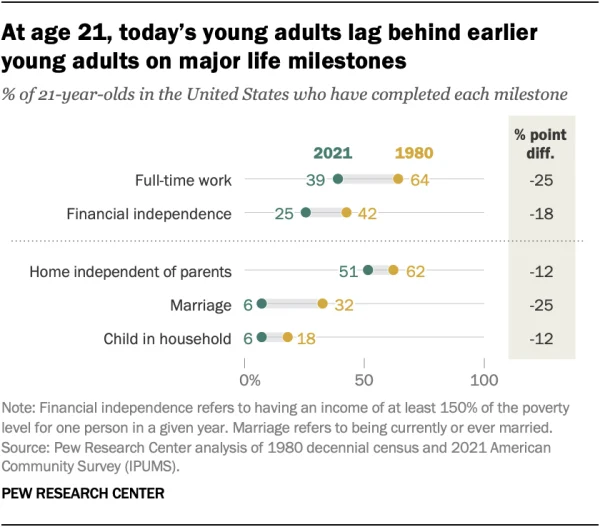
Even though social issues are big on people’s election checklists, Gen Z has not forgotten about the economy. Like generations before them, they have fantasies about financial freedom. Unlike generations before them: that dream is becoming less and less attainable.
“We all become legally adults at age 18. But practical adulthood is the point in your life where you are independent of your parents, you live independently, you’re financially independent, and that’s being delayed more and more,” explains Brady, who is part of the older half of the Millennial generation, “For my parents, it was not unusual for people to move out of their parent’s homes in their late teens or early 20s. Whereas I would say in my generation, many people were still living at home in their mid-20s weren’t getting married until their late or early 30s…that trend is continuing.”
A lot of this has to do with the fact that “a great deal of wealth in America is still contained within the older generation,” meaning that members of the boomer generation still own the largest sum of assets in the nation which includes things like family homes which are appealing to young people but now really far out of reach. Gen Zers (the oldest being 27 years old) are entering this world of delayed adulthood and it’s not encouraging, making the economy (the housing, job, and debt crisis) a major factor for young people this election.
Even though some economists think that the economy could get better for Gen Zers (at least in the labor market), adults in Gen Z are also feeling burnt by severe student loan debt and inflation. “I think Gen Z voters are cognizant of the student debt crisis, the cost of living, not just inflation, but just the cost of going to college, the cost of affording a home, affording rent in the future, the cost of groceries-I think more and more people are aware of those things,” Sahl says. He guesses that in this election Gen Z’s general outlook on their “financial future” is what is going to play the biggest role this election.
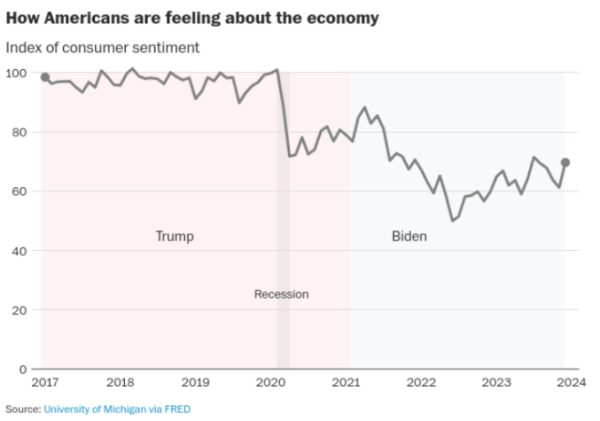
But can any president really do that much? Maybe not. Saul refers to it as “the vibes economy,” a term political analysts use to describe people’s perceptions of the economy, independent from how it’s really doing. People may perceive the economy as “bad” due to inflation or periods of recession when it’s realistically doing fairly well.
Brady says that as long as interest rates remain high, “most people are going to view the economy as not being good.” Gen Z might blame the president for “shrinkflation” and other economic issues but “the reality is that the economic standing of the country is not determined by one person,” says Saul, “for the most part, the economy is actually doing quite well and inflation is at 3%,” Saul explains, “[since] the 2000s…Democrats [have been] associated with not being as good on economic policy as Republicans.” Saul notes that if Democrats hope to win the election they might be better off focusing on social issues (especially ones that draw Gen Zers) rather than claiming the economy is better off with the Biden administration.
The Age Disconnect, Voter bases, and Candidates’ view of youth voters’ potential
Historically speaking,” Brady says, “we know that the…demographic group that comes out to vote the least across the board [in] presidential, gubernatorial, [and] congressional elections is the 18 to 25 age group.”
In this election specifically, even with high rates of youth voting, there’s a huge age gap between young voters and candidates, forming a chasm of disconnect. “These guys were born in the first half of the 20th century, and kids today are born post 9/11,” Saul chuckles, “It’s like we’re living in two different realities.” 49.3% of seniors polled said that neither candidate could accurately represent their values/needs.
“I think students are apathetic about their choices, but I don’t think that makes them unique as a generation.” For some voters, the lack of enthusiasm for this election is a universal feeling regardless of age. So even though Gen Z’s “apathy” isn’t what makes them unique, according to The Atlantic, “Gen Z and Millennials combined could account for as many votes next year as the Baby Boomers and their elders—the groups that have made up a majority of voters for decades.”
Although it’s still unclear just how much young voters could shake up this election, they’re still a big spot on both Biden and Trump’s campaign radars. “Neither candidate can win unless they carry at least part of the young vote,” Brady says, “This is particularly problematic because both presidential candidates or presumed presidential candidates are well into their advanced age… late 70s and early 80s… the biggest risk for both candidates, but particularly for Joe Biden and the Democrats, is that young people aren’t motivated to show up at all. It’s not that they’ll vote quote-unquote, for the ‘other side,’ they just won’t show up.”
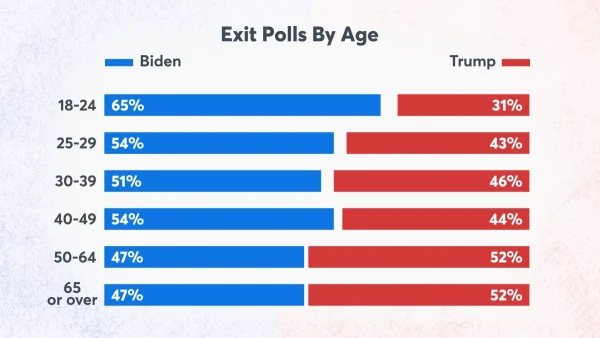
In the 2020 election Biden “won over young people quite significantly,” says Saul. In fact, 65% of Gen Z voters in 2020 supported Biden which was about 11% more than voters from any other age range. Overall Biden drew support largely from Millennials and Gen Zers. According to an NBC exit poll, 65% of 18-24 year olds voted for Biden compared to just 31% voting for Trump.
This year things seem to have changed. Biden is four years older and the youth of America is losing faith.“There’s a lot of public opinion polling that is finding that Biden is losing [the youth] segment… I think this is also like an age problem,” says Saul. The poll of WOHS seniors found that 89.9% (62/72 people) of respondees reported feeling that Biden is “too old”. Reversely, only 52 people reported feeling that Trump was “too old” despite the president’s slight 4-year age gap. As Saul predicted, most (73.4% of people who thought Biden was too old) attributed their feelings about the incumbent to his physical and mental fitness.
“Because of all these factors young people are like ‘I’ve given up on Biden,’” offered Saul, “I think to a certain extent even though Biden’s campaigning on Tik Tok now and he’s maybe ‘speaking’…. about issues that young people care about, I don’t think he thinks he’ll win by going after [the youth vote].”
Trump, on the other hand, may see this plateau in Biden’s popularity among the younger crowd as an opportunity, if not to vote for him, at least to convince them not to vote for Biden. Saul theorizes that this tactic might aid Trump in securing key swing states. Even so, neither party can do much if they can’t change the overwhelming feeling of detachment.
Recently, Biden has also faced a popularity dip among young voters due to his approach to the Israel-Hamas war and the “empty promises” he’s made regarding student loan relief, climate change, and the economy. He has also faced pushback from his support of the bill to ban TikTok.
Many voters are struggling to choose between Biden and Trump which many call on a battle between “two evils.” Even though Gen Z isn’t thrilled with Biden, 45.8% of seniors still plan to vote for the incumbent this fall while 8.3% plan to vote for Trump. 30.6% of seniors selected the “undecided” option, and 5.6% reported they would not be voting at all. 8.3% plan to vote for an independent/third-party candidate.
The importance of the youth vote and staying informed
“[Today] we’re in an era that it is possible and easier for you to be more informed as a voter than ever before. If you know where to look,” which makes it concerning that 26.4% of seniors polled were unaware of how to register to vote and 51.4% felt unprepared/somewhat unprepared to make an informed decision. Whether it be “disenchant[ment] with our political system” that is the source of ignorance or the fact that social media is the main news source for many teens, some seniors worry about “[their] fellow peers being uninformed and uneducated.”
Brady explains the political dilemma that has plagued young people for decades, a dangerous cycle. The idea that the younger generation feels a lack of representation and empathy coming from candidates who are much older and experience a sense of helplessness which “leads to disenfranchisement with the entire system,” and ends with young people not showing up to vote at all. “The political system is not going to pay attention to a group of people that don’t show up to vote,” she says, “[candidates] stay in office by appealing to their voting bases, and right now that voting base is not 18 to 25. Not in either party.”
When asked about how important students viewed their individual vote this election, 26.4% saw their vote as “somewhat important,” 9.7% as “unimportant,” and 8.3% as “extremely unimportant.” On the other side: 27.8% said their vote was “important,” and another 27.8% reported it being “extremely important.” Seniors wrote about their concerns this election and among other things, the most repeated worry was that their vote might be wasted, one student writing, “Yeah, I mean these are two old white men it kinda feels like there isn’t a point.”
“If you think your vote isn’t going to matter, you’re not going to bother and go out and do it,” says Brady, noting that the perception of their own importance is part of what is holding youth back from making a real difference. “The reality is…that young people’s votes do matter. They do matter and if young people did show up to vote…then politicians would start listening to them.”
